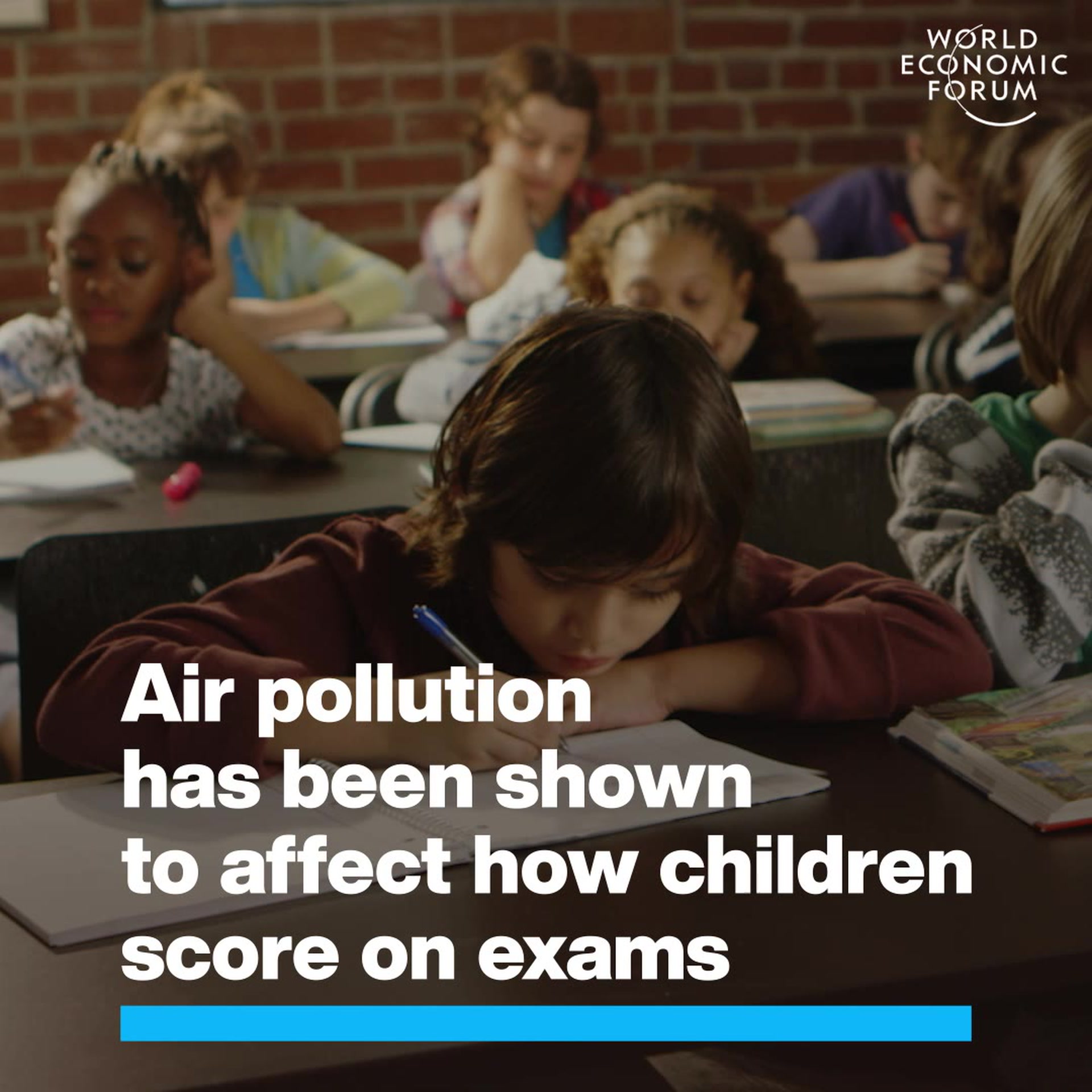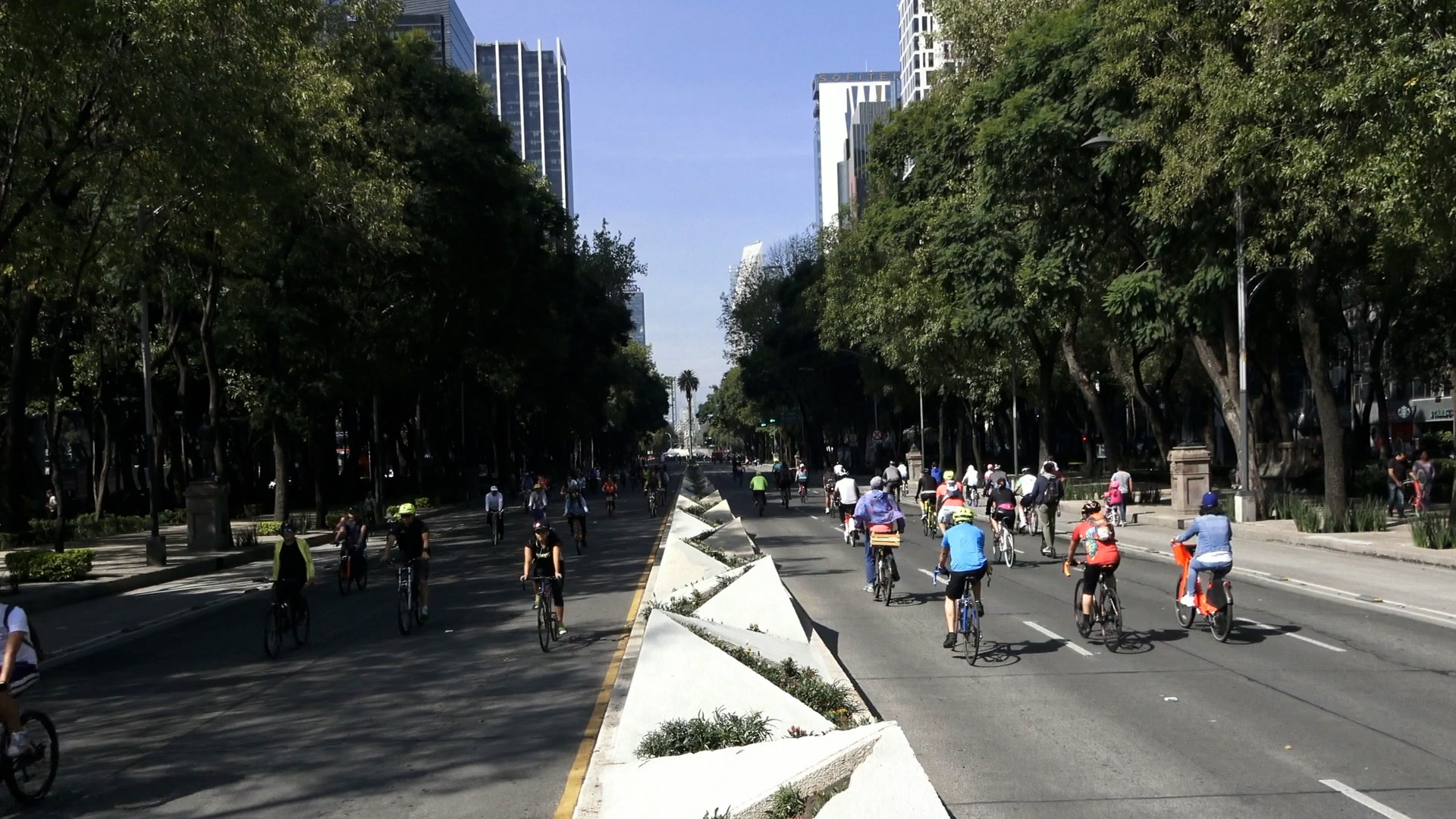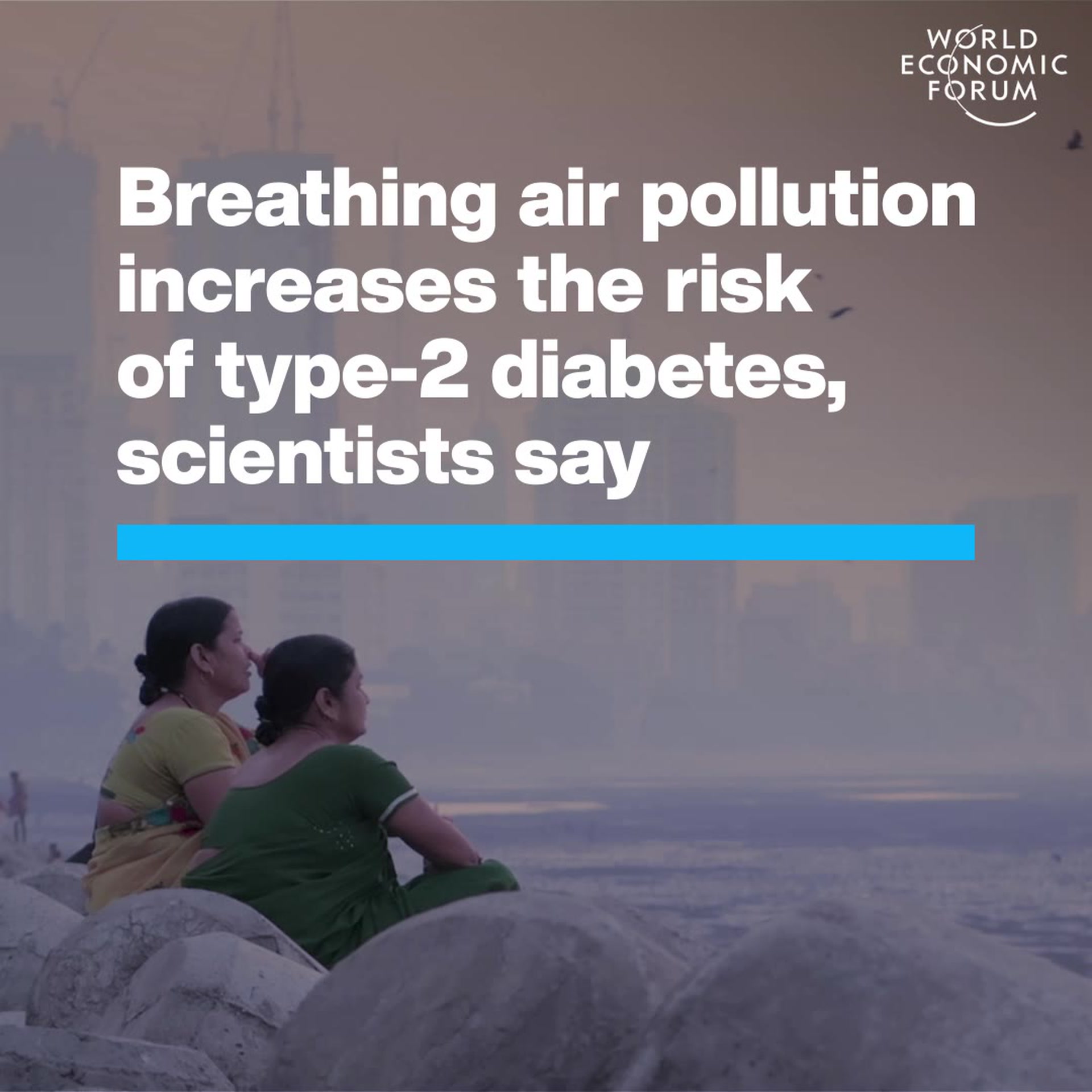Global Future Council on Clean Air
Global Future Council on Clean Air

Council mission and objectives
Air pollution is the single greatest environmental threat to human health, with World Health Organization (WHO) estimating that 99% of the world's population are breathing air that is harmful to their health. How can progress be made towards WHO guidelines through air quality monitoring and modelling, evidence-based policymaking, open governance, and citizen science?
Co-Chair
Jane Burston, Executive Director, Clean Air Fund
Tolu Oni, Director, Global Diet and Activity Research Group and Network, MRC Epidemiology, University of Cambridge
Council Managers
Roderick Weller, Project Lead, Clean Air, World Economic Forum
Shannon Engstrom, Specialist, Centre for Nature and Climate, World Economic Forum
Forum Agenda blogs
Mobilizing thought leadership for impact
The Global Future Councils serve as a brain trust for leaders from government, business and civil society, and support the Forum’s mission by bringing together experts bound by a shared mission to discuss the most critical issues, generate insights and analysis, and collaborate in shaping agendas.
Related articles

4 key steps to decommissioning coal-fired power plants
Decommissioning of coal-fired power plants, particularly in emerging markets is a mammoth task. These four issues must be addressed to ensure success.

Is clean air becoming a new global currency?
Clean air might soon be considered as a new global currency. The unequal distribution of air pollutants in marginalized communities means poor people breathe dirtier air.

How India can become a leader in sustainable aviation fuel
As aviation rebounds from COVID, sustainable fuel can have widespread environmental and economic benefits. Here's how and why India should scale up SAF.

UK's Clean Air Zones Can Save Lives And Money. Here's How
Clean Air Zones in the UK are helping save lives and money. New research shows how clean air policy-making generates significant economic and health benefits.

A little chaos could be just what the SDGs need: here’s the sense behind it
Pre-COVID barriers to collaboration in health and education systems have been set aside in pursuit of the bigger picture, aligning with many of the SDGs.

An Indian chest surgeon explains why he rarely sees healthy lungs anymore
Healthy lungs have become a rarity in India - even among children and non-smokers. Can a new air pollution campaign by Indian doctors make a difference?

Explore strategic insights and contextual intelligence on air pollution from the World Economic Forum
The World Economic Forum developed Strategic Intelligence to help you understand the global forces at play and make more informed decisions. Explore and monitor the issues and forces driving transformational change across more than 250 areas, including economies, industries and global issues, and identify the most relevant publications, videos, data, events, initiatives and stakeholders in those areas.
Related reports
Read our reports on the range of issues we’re seeking to address





















